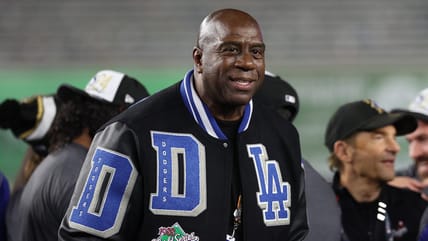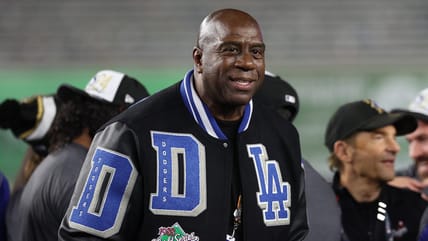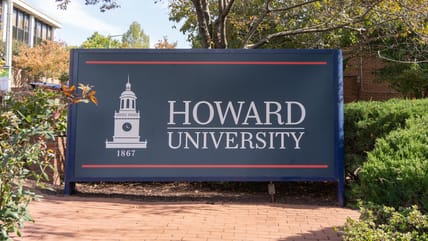I know that the idea of grad school in America and “protecting your wallet” seems antonymous (just ask my student loans). However, a recent report conducted by The Century Foundation found that HBCU (historically Black college or university) graduate programs offer high-quality, affordable education that allows students to feel enriched academically, professionally, and culturally without feeling like they have to be rich.
“Since the late nineteenth century, HBCUs have played a crucial role in the education and upskilling of students,” the report’s author, Tiara Moultrie, explained. “In addition to enrolling a disproportionate number of first-generation and Pell-eligible undergraduate students, HBCUs equip their graduate students with the knowledge necessary to address everyday challenges in the communities they live in.”
Don’t get it twisted, graduate school is still expensive (again, ask my student loans), but these programs are significantly less costly than non-HBCU graduate programs. The report found that in 2020, the typical cost of attendance for a graduate student at an HBCU was $5,000 cheaper than that of a graduate student at a non-HBCU across the country.
Why does this matter?
Beyond calling for the need to support the growing number of graduate programs offered at HBCUs, though the cost differences may seem minor, can make a significant difference for graduate students. The reality is that most students pursuing a postgraduate degree finance their education through a combination of loans, scholarships, grants, fellowships, assistantships, and, if you’re extra lucky, an employer’s tuition reimbursement program. However, the portions of that combination can become extremely imbalanced. Not all schools, programs, or students get awarded the benefits of scholarships, grants, etc., forcing most students to primarily rely on one thing: loans.
According to the report, as of 2024, Americans owe $1.6 trillion in federal student loans, with nearly half of this debt held by graduate students. On average, graduate students borrow $70,000, with Black graduate students holding $10,000 more debt than their white counterparts. Now, grad students are eligible for two types of federal loans: “direct unsubsidized loans, which cap at $20,500 annually, and Graduate PLUS loans, which cap at the school’s declared total cost of attendance, but with notably higher interest rates.
In an age when the federal government is garnishing wages for unpaid student loan debt and Congress simultaneously considers a budget reconciliation that could eliminate one of the two borrowing options for graduate students, the price difference between HBCU and non-HBCU graduate programs becomes even more significant when considering pursuing a postgraduate degree.
The double-edged sword
In an age when professionals are burnt out by the job market and exhausted by financial uncertainty, it’s understandable that pursuing a graduate degree feels unreasonable. Unfortunately, data from the Bureau of Labor Statistics suggests that occupations requiring advanced education for entry are projected to grow faster than average through 2033, with careers that require a master’s degree growing the fastest.
However, Moultrie, a fellow at The Century Foundation, encourages people to think beyond the pay boost and career ascension that grad programs can offer.
“The belief that graduate education is primarily a ‘private good’ ignores the substantial public good that graduate programs provide, including by preparing students for careers in socially valuable fields such as teaching, social work, and medical and legal professions,” she noted.
An evolution of grad programs at HBCUs
HBCUs are increasingly expanding their graduate programs. Between 2012 and 2022, the number of master’s programs at HBCUs increased by 39%, and doctoral programs by 29%. Similarly, these institutions reported a spike in graduate enrollment by 39%, compared to 20% seen nationally from 2012 to 2022. From Morgan State University and North Carolina A&T State University to Howard University, developing competitive doctoral-level research and building online graduate programs to serve working adults, the postgraduate possibilities are growing on yards across the country.
“While the role HBCUs play in diversifying talent pipelines cannot be understated, what they truly offer is a quality education at a value that keeps our global labor market competitive. The caliber of education students receive relative to the cost of HBCUs is important,” Moultrie emphasized. “Funding limitations may impede certain growth opportunities and strategies, but it has not stopped these institutions from preparing students for a competitive global market. HBCUs continue providing students the critical pathways needed to thrive in the workforce.”







